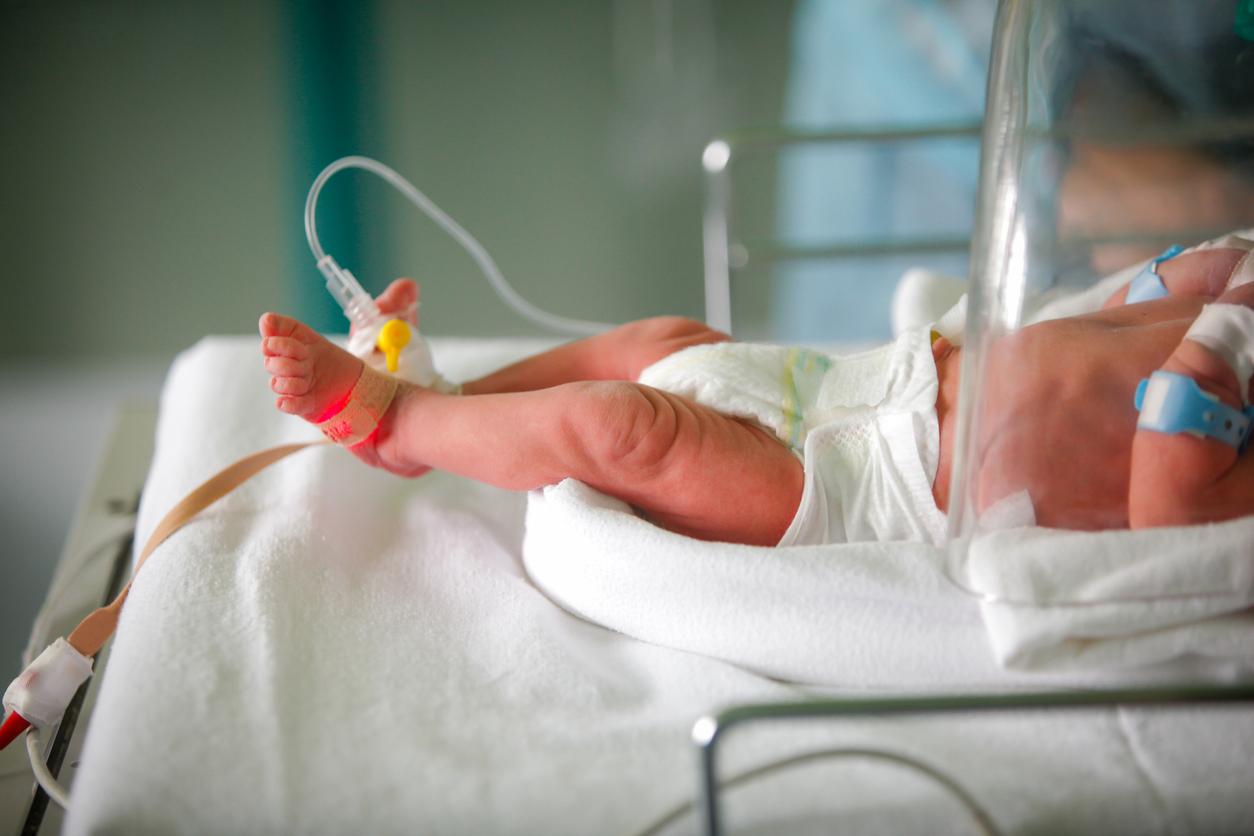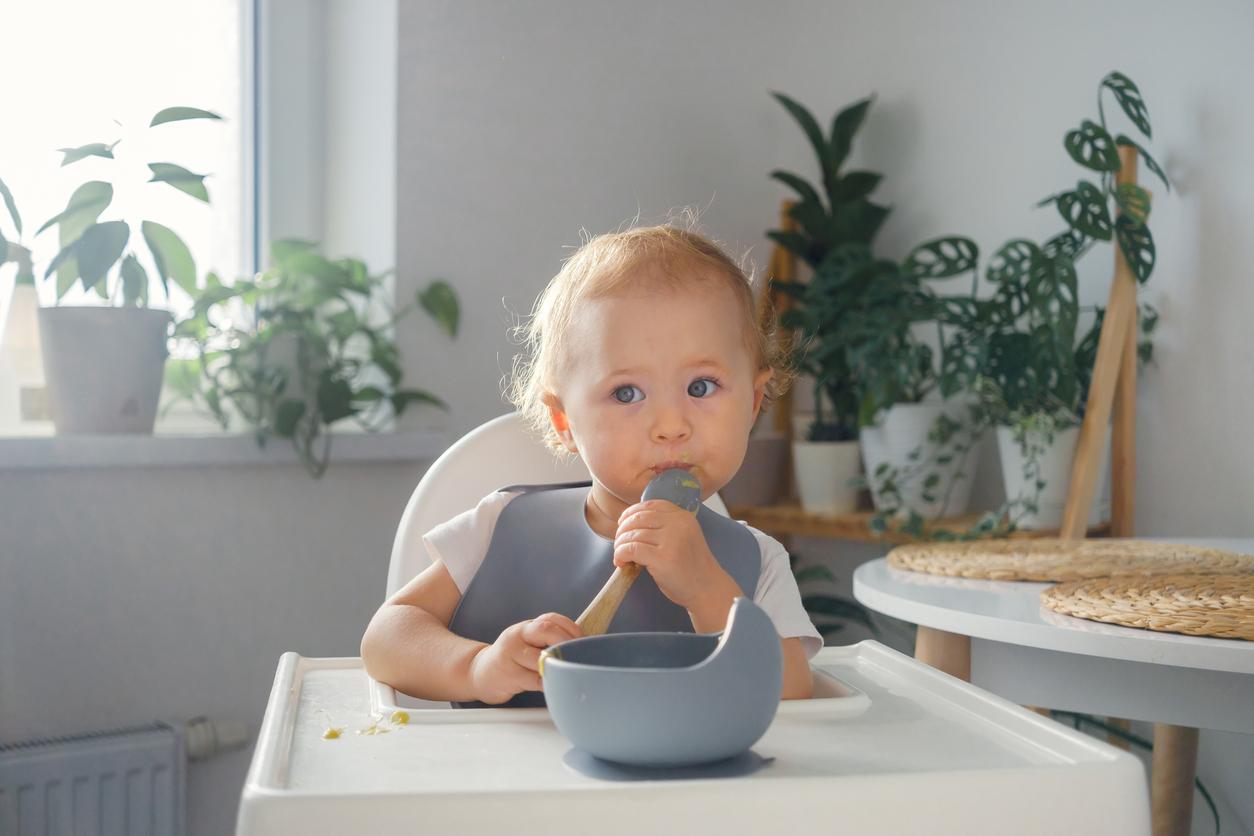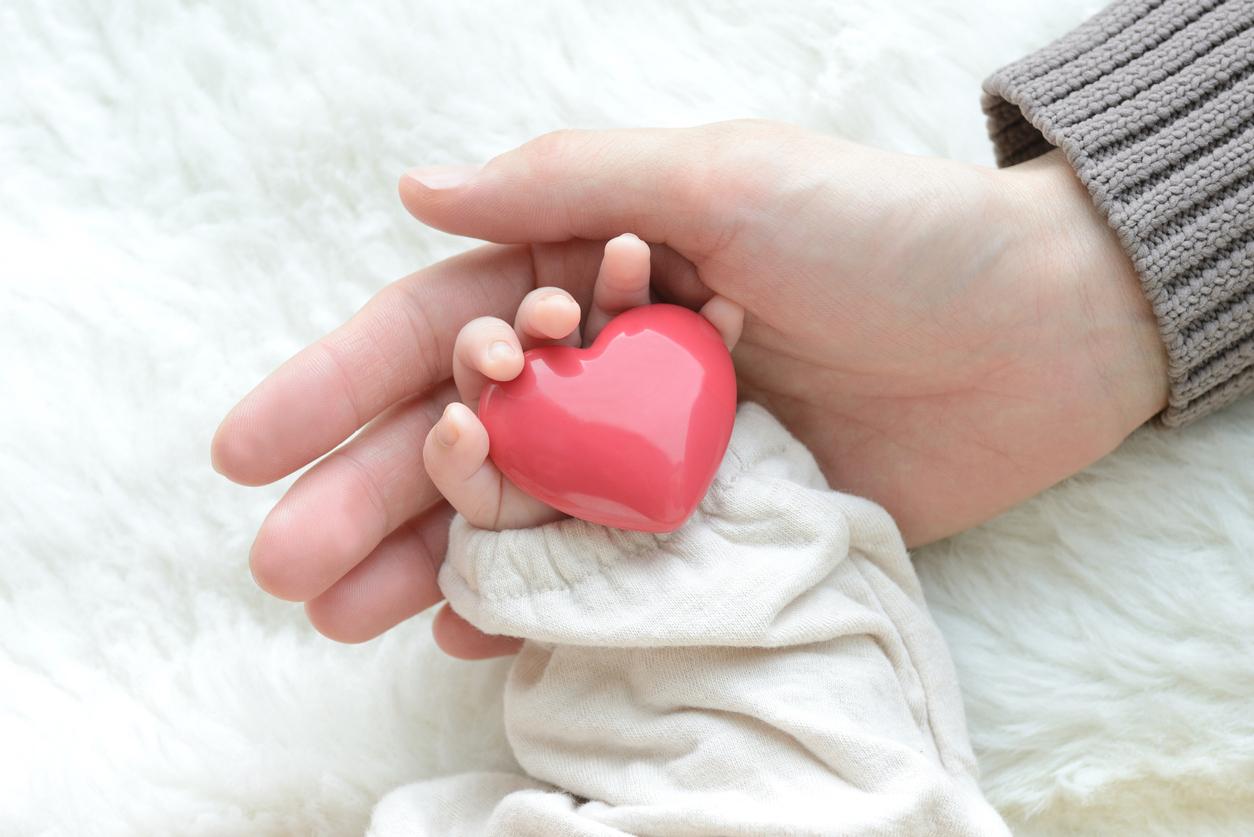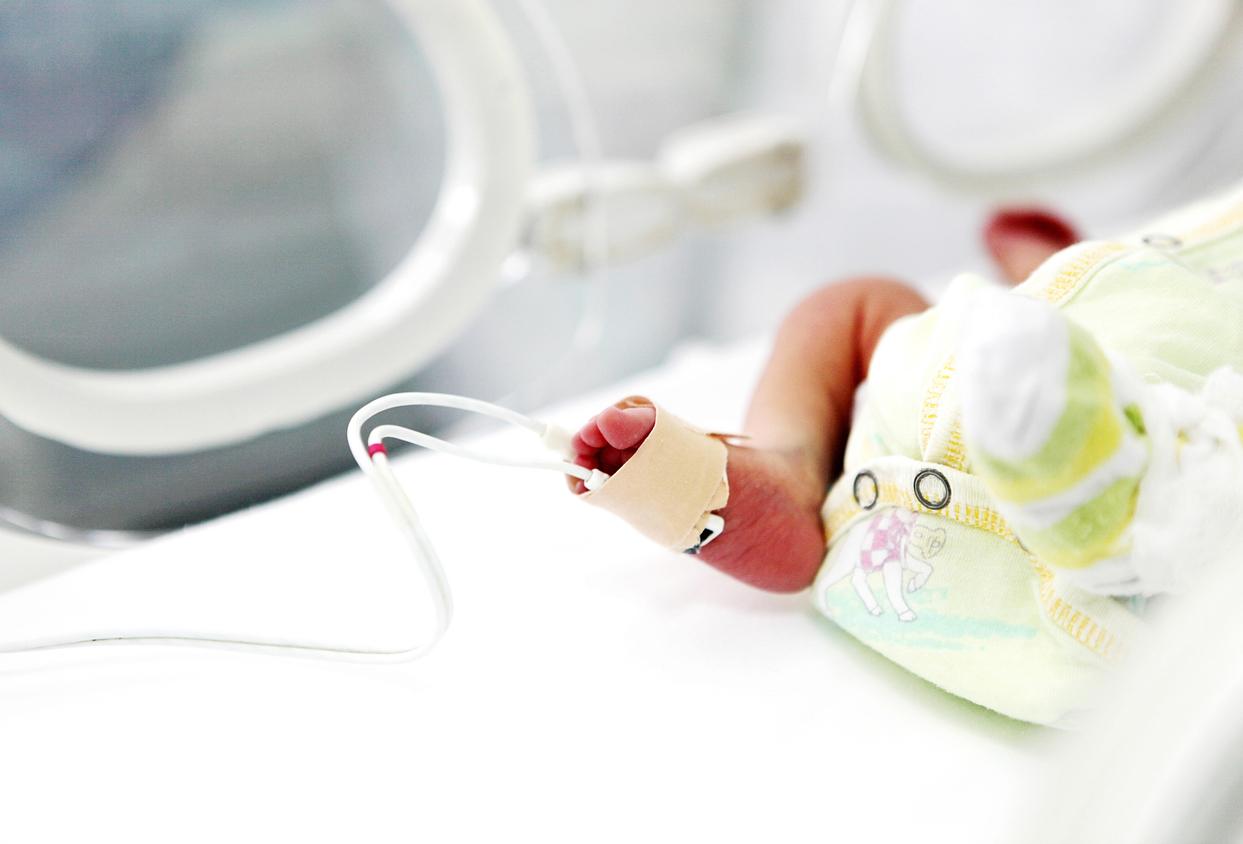In Europe, baby food is far too rich in sugars, the WHO warned on Monday. Moreover, many products intended for toddlers would be inappropriate for their age.
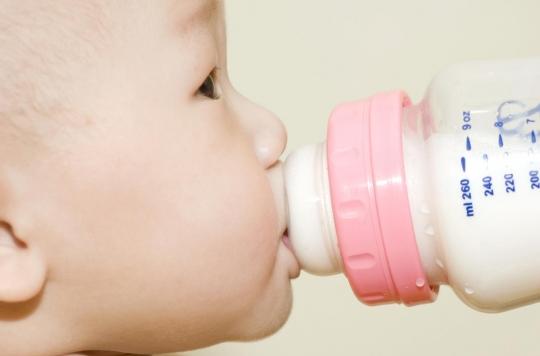
Beware of junk food for your baby. This Monday, July 15, the World Health Organization (WHO) sounds the alarm against baby food, which is too rich in sugars and therefore potentially dangerous for health, and whose labeling is also confusing.
“In about half of the products examined (…), more than 30% of the calories came from total sugars and about a third of the products contained added sugar or other sweeteners among their ingredients (…) Although foods like fruits and vegetables containing natural sugars are suitable for infants and young children, the very high level of free sugars in commercially available purees is also of concern”, warns the European branch of the Organization which has screened nearly 8,000 produced in 500 stores in four cities in this area between November 2017 and January 2018.
Because too much sugar can lead to overweight and dental caries. Moreover, being exposed too young to sweet products can lead to a long-term addiction to sweet foods, which is very bad for your health.
Breast milk exclusively for the first six months
But in addition to too much sugar, many foods intended for toddlers were inappropriate for their age, worries the WHO. For example, between 28% and 60% of baby food was labeled as suitable for infants under six months, yet “WHO recommends that infants be exclusively fed breast milk for the first six months of their lives and therefore no food should be marketed as suitable for children under six months.
“Good nutrition during the neonatal period and early childhood remains essential to ensure optimal child growth and development, and better health outcomes later in life, including the prevention of overweight, obesity and diet-related non-communicable diseases (NCDs), thus making the United Nations Sustainable Development Goal 3 of achieving healthy lives and promoting well-being much more attainable. be of all at all ages,” warns Dr. Zsuzsanna Jakab, WHO Regional Director for Europe.
“Foods for infants and young children should comply with the various established nutrition and compositional recommendations. Nevertheless, there are concerns that many products are still too high in sugars,” he said. Dr João Breda, Head of the WHO European Office for the Prevention and Control of Non-Communicable Diseases.
Ban added sugars and sweeteners from baby food
To guide decisions about foods to be promoted inappropriately, WHO has developed a draft nutrient profile model for children aged 6-36 months. This has been submitted to Member States and is currently under review and discussion.
The Organization would therefore like to end the promotion of breastmilk substitutes and encourages a home-cooked, nutrient-rich diet for children between six months and two years old. Finally, all added sugars and sweeteners should be banned from baby food, she insists.
Last year, the WHO warned against the increase in obesity and overweight among Europeans. Thus, in 2017, 17% of adults in the EU were affected. More generally, 52% of Europeans are overweight or obese, ie one in two adults and nearly one in three children. In France, in 2015, respectively 29% and 25% of women and men were obese.

.










